A travel insurance policy is indispensable for travellers to protect them from a variety of unexpected situations that could affect their travel plans and health when travelling overseas. It drastically reduces the risk for travellers and is extremely cost-effective on international trips, for all types of travellers
It has never been more important to get travel insurance than in the current post-COVID era, given the risks involved with international travel. Some destinations such as Singapore and Thailand require compulsory travel insurance cover for COVID-19 as a condition of entry.
There are now several COVID-19 travel insurance options for Australians that will cover international travel and these continue to grow! This article is intended to make you aware of things you need to consider when getting an appropriate travel insurance policy for your next trip. Please note that the information in this guide was correct (to the best of our knowledge) at the time of publication but is subject to change.
Does international travel insurance cover COVID-19?
Some travel insurers now offer limited cover for COVID-19. No international travel insurance policy will cover every possible risk associated with COVID-19. Some Australian travel insurance providers that are currently offering international cover for COVID-19 are -Go Insurance, Cover More, Allianz, Qantas Travel Insurance, World2Cover, Medibank, RACV, RACQ, RAC and RAA Travel Insurance
Most policies will cover your medical, quarantine and cancellation costs if you or your travelling partner tests positive to COVID-19 and your trip is disrupted. If you are not able to travel due to government border closures or because of lockdowns at home or your planned destination, you will not be covered at all.
Most Travel Insurance Policies will not cover:
- Quarantine or self-isolation costs that you knew in advance
- Government-imposed border closures, lockdowns & travel bans
- Travel to countries classified by DFAT as "Level 4 – Do Not Travel"
- Some insurers will also not cover travel to countries classified by DFAT as "Level 3 -Reconsider your need to travel"
- The cost of COVID-19 tests required for travel
- You ignore medical advice that you aren't well enough to travel
- You are not vaccinated or ignore public health advice such as hygiene & social distancing guidelines
- You contracted COVID-19 or pandemic sickness when you travelled against the advice or warning of the Australian government and did not take appropriate action to avoid contracting the sickness
- You decide not to travel due to concerns about COVID-19
Always read the PDS carefully before purchasing any travel insurance policy as each product may or may not be suitable for your needs!
The impact of DFAT travel advice on insurance
Smart Traveller, managed by the Department of Foreign Affairs and Trade (DFAT), publishes 4 official travel advice levels to 177 countries. This advice level can affect your travel insurance cover.
The advice levels are:
1. Level 1 – Exercise normal safety precautions. COVERED.
2. Level 2 – Exercise a high degree of caution. COVERED.
3. Level 3 – Reconsider your need to travel. CHECK.
4. Level 4 – Do not travel. USUALLY NOT COVERED.
Some insurers will not cover travel to countries where the Australian Department of Foreign Affairs & Trade (DFAT) is warning Australians to “Reconsider your need to travel” (Level 3) and most will not cover travel to places with a “Do not travel” warning (Level 4).
On 28th October, DFAT downgraded it’s "Do Not Travel" warning for 162 countries. Most insurers cover visits to Level 2 countries - “Exercise a high degree of caution” such as UK, USA, Canada, France, Germany, Greece, South Africa, India, Argentina, Thailand and Singapore.
Credit card travel insurance
Many premium credit cards come with complimentary travel insurance. Unfortunately, most credit card travel insurance automatically excludes cover for epidemics and pandemics. This may change at a later date.
Airline travel insurance
A few airlines are currently including COVID-19 travel insurance automatically as part of their international airfares! These airlines include:
- Emirates
- Cathay Pacific
- Japan Airlines
- Etihad Airways
The exact level of coverage varies by airline. In most cases, you would be insured in the event you get COVID-19 in transit or during your stay at your destination if it’s a return ticket. If you are travelling on a one-way ticket, you would typically be covered for up to a month after arriving at your destination.
Australia’s reciprocal health care agreements
Australia has a reciprocal healthcare agreement with 11 countries. If you’re travelling to one of these 11 countries you may be able to access free health care in an emergency and for illnesses and injuries that can’t wait until you get home.
These countries are:
- Belgium
- Finland
- Italy
- Malta
- Netherlands
- New Zealand
- Norway
- Ireland
- Slovenia
- Sweden
- UK
The exact benefits available to Australians in each country varies. You may have to pay some fees for treatment and medication. The reciprocal health care agreement isn’t a replacement for travel insurance. Reciprocal health care agreements will not cover any of your quarantine expenses or trip cancellation costs if you get COVID-19!
Some points to consider before buying travel insurance
• Does your policy cover you for the Smartraveller advice level for the countries you’re travelling to?
• Does your destination require proof that you’re insured for COVID-19 related medical expenses?
• Will your policy cover you for the full duration of your trip? Could you extend your cover should you be overseas for longer than planned because your flight gets cancelled?
• Are stopovers on the way to your destination covered? Is there a restriction on the amount of time you can be at the stopover location? What happens if you remain stuck for an extended period?
• Are you covered if you or your travelling companion test positive to COVID-19 and you are not allowed to board your flight?
• And what if you have to go into isolation because you’re a close contact of someone who tested positive?
• Are you covered for cancellation costs if your business partner or a relative back home gets sick with COVID-19 and you need to return earlier than planned?
• What happens if you were going to stay with someone but they’ve contracted COVID-19? Or if your accommodation or tour company gets closed down because of COVID-19 - are your additional expenses covered?
• Are you planning to go on a cruise? Most travel insurers will not offer COVID-19 cover for multi-night cruises yet
• Are you covered for claims caused by government travel bans, border closures, or mandatory quarantine. If you’re an essential healthcare worker, including a pharmacist, nurse, doctor or paramedic, make sure you’re covered if your leave gets cancelled due to a COVID-19 outbreak.
You should be able to get answers to these questions by asking your travel insurer and reading the product disclosure statement (PDS).
Tips on making your travel plans COVID-safe
• Check the entry rules for travelling to your destination. Are there any vaccination requirements? And do they need any specific travel insurance?
• Look at visiting only a few places in one country at a time rather than travelling to several countries.
• Book flexible tickets for flights. Some airlines currently allow you to rebook cancelled flights and pay the fare difference.
• Make sure your accommodation bookings can be cancelled or at least changed.
• If you book through a travel agent or booking site, make sure they don’t charge an extra cancellation fee.
• Try to pay by credit card, as this allows you to pursue a credit card chargeback if something goes wrong.
• Always monitor the latest travel advice and requirements at Smart Traveller. Travel restrictions can change very quickly.
• Take out travel insurance but make sure you can cancel it and at least get a partial refund for it if you have to cancel your travel or it’s cut short because of COVID-19 border closures.
• Do rapid antigen testing regularly while you are away so that you don’t have to wait last minute to find out if you are positive.
• Avoid eating in restaurants indoors and visiting high traffic areas.
• Practise the universal norms of social distancing, mask wearing and sanitising your hands
Disclaimer : This article is intended to provide a general guide only and does not constitute legal advice. Zoomlite does not warrant or represent that this article is sufficiently complete, detailed or accurate, or fit for any particular purpose.
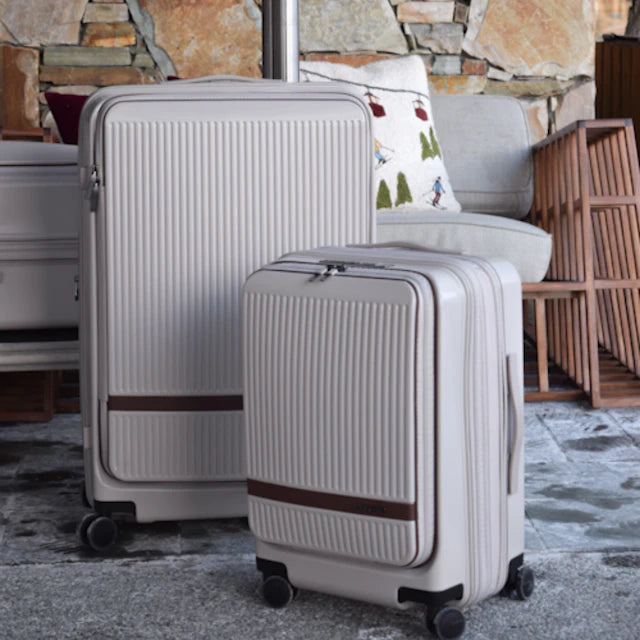
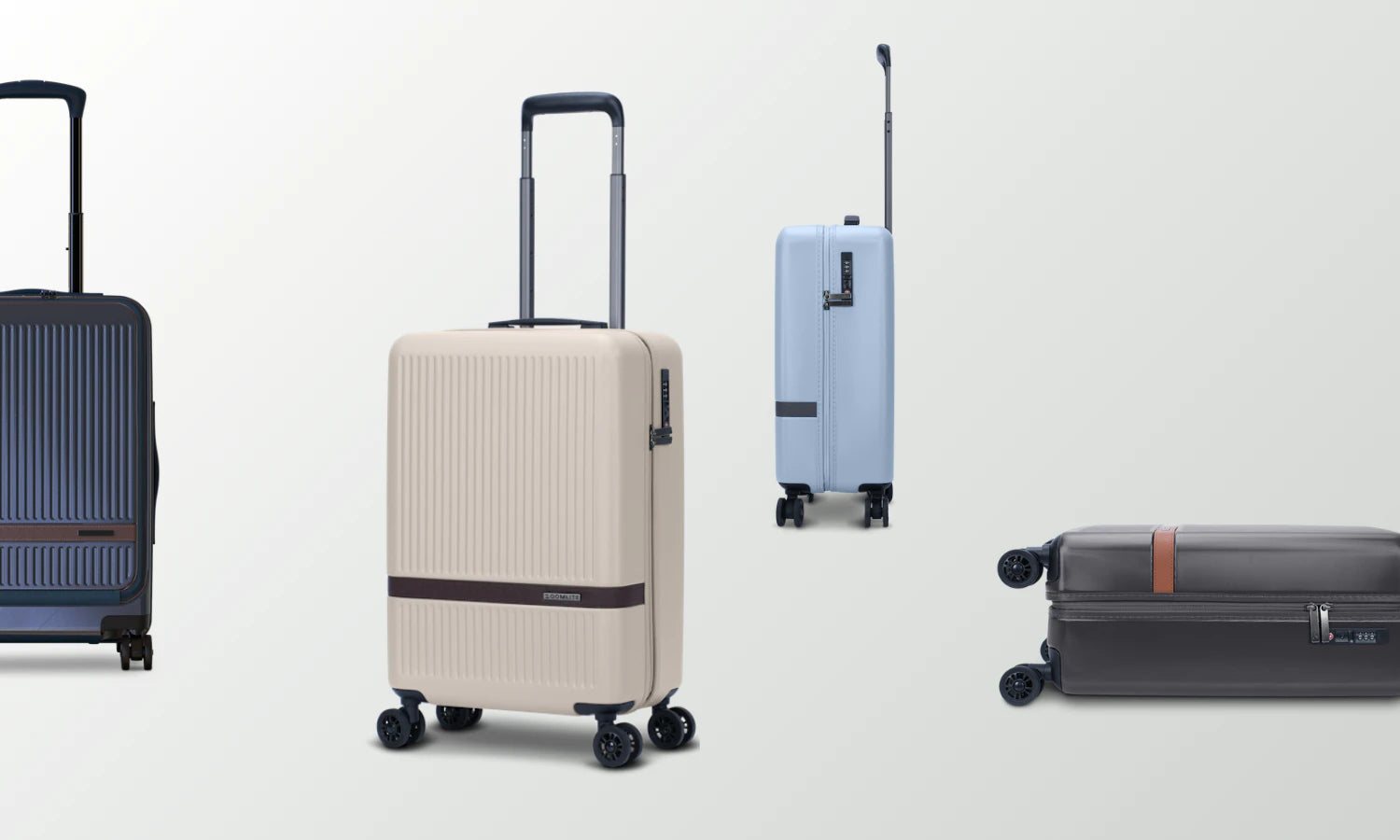
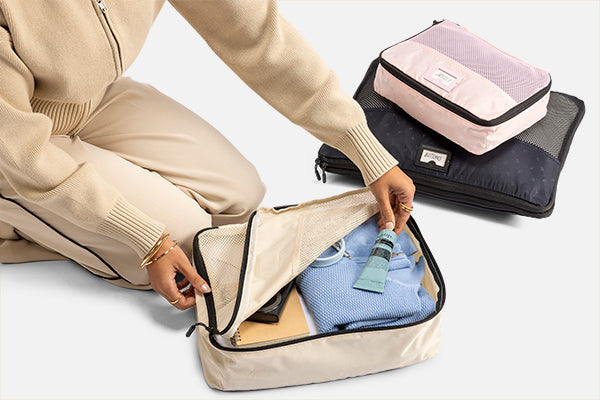
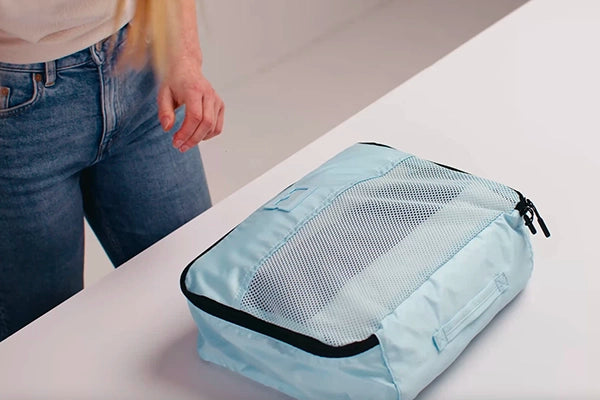

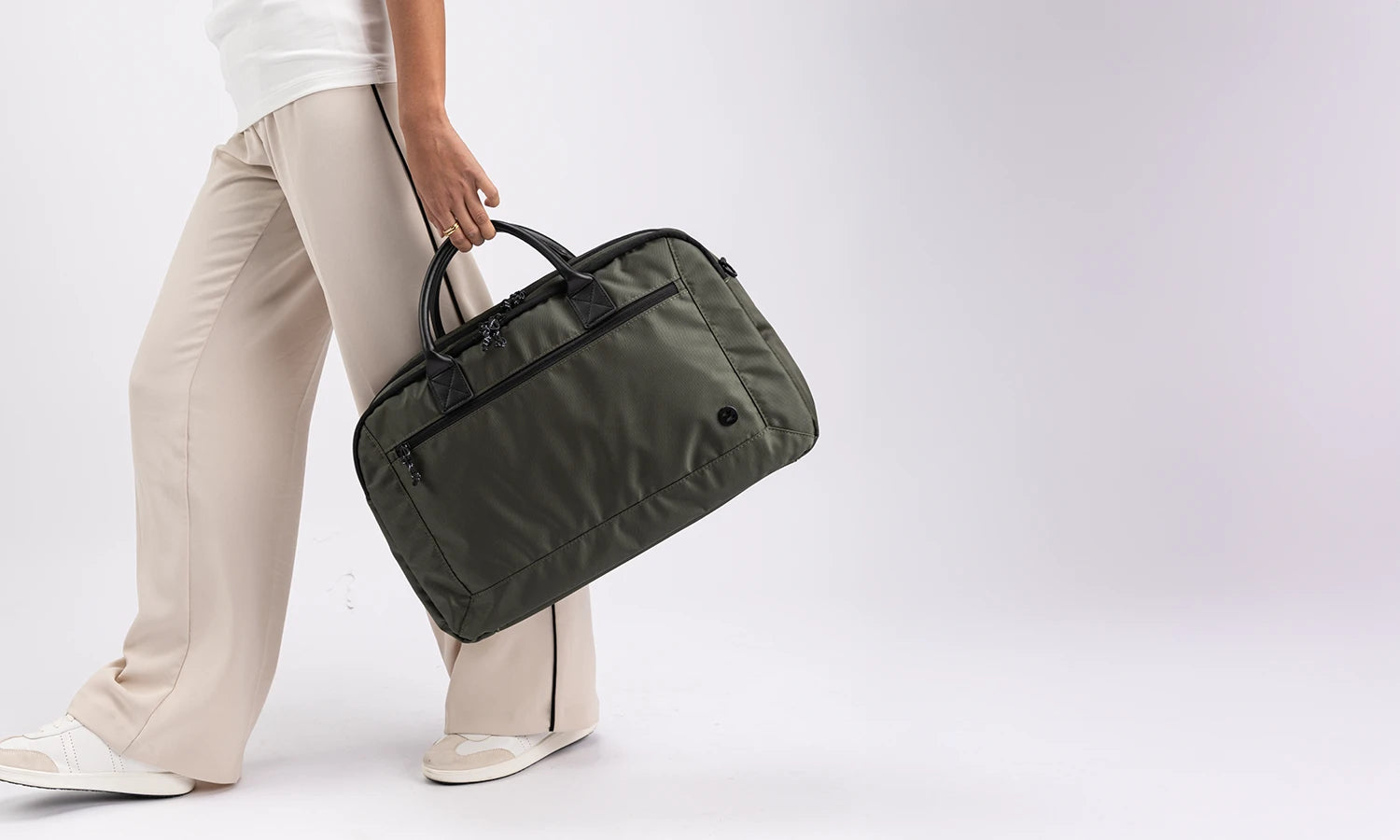
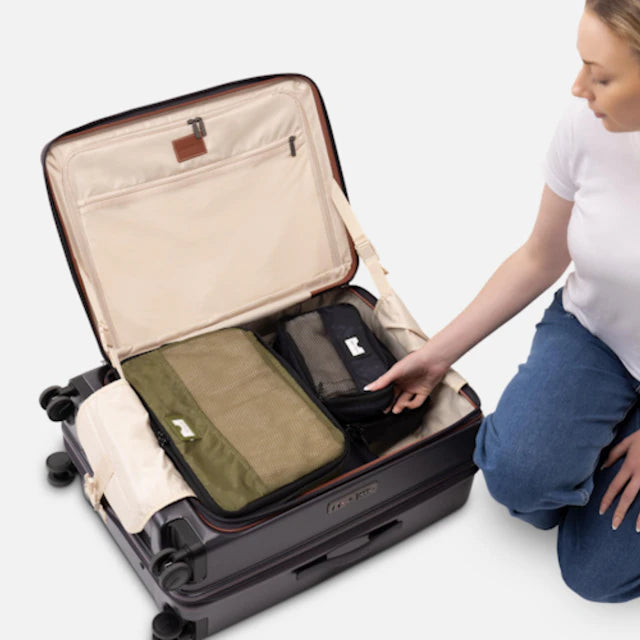


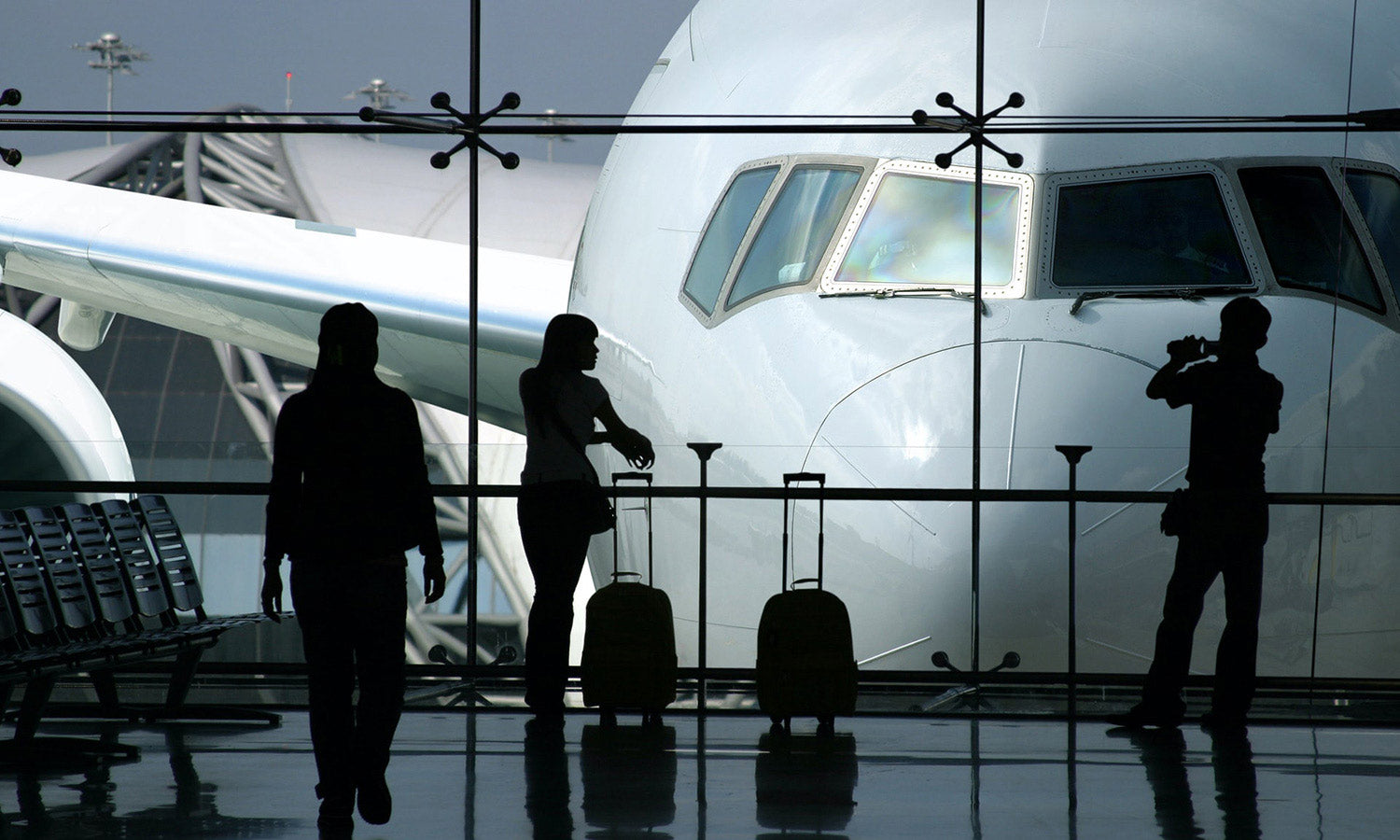







The blogs you have produced are really the best of the best because these provide the concrete information and deep knowledge. Keep on writing the blogs. I promise to check the blog for the fresh blogs.
Leave a comment